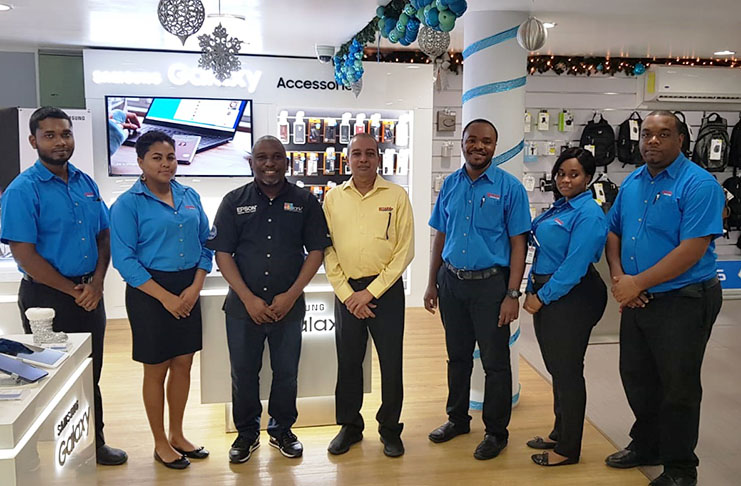Recognising that the advent of the oil and gas sector will pose new security challenges, STARR Computers is partnering with a US-based software development company, DIGIFORT, to offer access to modern surveillance technology.
The local technology company’s Chief Executive Officer Mike Mohan told Stabroek Business that while the advent of oil and gas is a “new and exciting development” in the economy, it also presents “new challenges for developing countries like Guyana,” which government, the oil companies and the country as a whole cannot afford to ignore.
DIGIFORT specialises in video surveillance software and video monitoring intelligence and the partnership will enable STARR to bring the company’s predictive surveillance software and related Artificial Intelligence (AI) capabilities to Guyana in order to provide local law-enforcement, businesses and ordinary consumers modern technologies to work with their existing available hardware.
What Stabroek Business understands is a major STARR investment, in what for Guyana will be ground-breaking technology, comes on the heels of the company’s investment in a new high-tech showroom to help familiarise local consumers with advances in communication technology.
Signaling that the company intends to move swiftly to concretise its collaborative effort and get the significantly upgraded technology-based security infrastructure up and running, STARR recently invited Arie Hornreich, Vice President of DIGIFORT, to visit Guyana to conduct instructional sessions in the use of the technology. Hornreich also demonstrated the company’s new software that employs AI deep learning analytics “on big data gathering” to predict criminal behaviour. The technology embraces, among other features, facial biometry and operates on a network of surveillance cameras running on a DIGIFORT software platform.
According to Mohan the technology that will soon be afforded Guyana is more commonplace in major shopping malls and airports in developed countries and embraces other security-related considerations that include weapon detection, Licence Plate Recognition, Security Drone Integration, and the ability to filter human images by colour clothing, height.
Mohan told Stabroek Business that he believed that it was important that both the state and private sectors begin now to seriously contemplate the need to embrace technology-based infrastructure to address what he described as the “many and different types of requirements, including security-related ones, that will come with an emerging oil and gas sector.”






